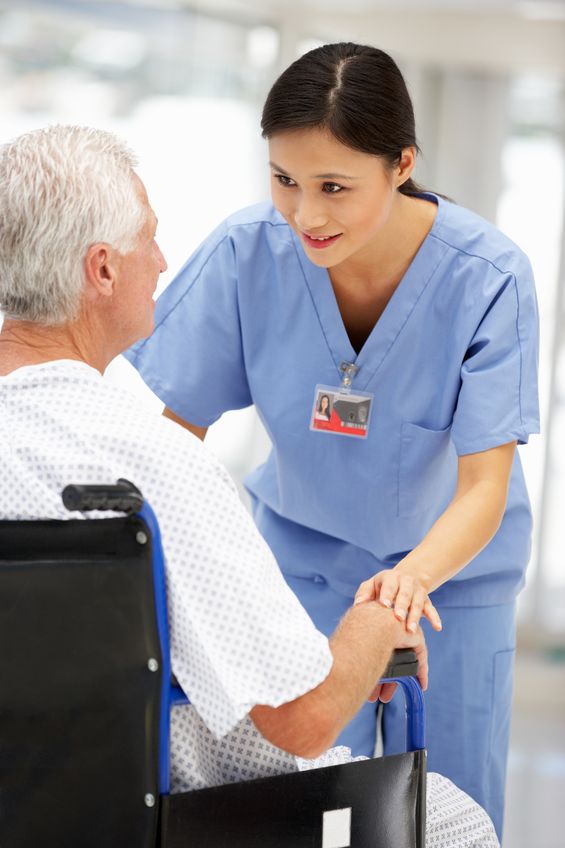What does a HHA do?
For many elderly patients a HHA is the solution because living alone can help foster a need for independence; however, it may become increasingly difficult. Everyday tasks may not be as easy to perform and they may require some additional assistance and daily supervision. Similarly, caring for an aging or sick loved one can be just as difficult. It can require much time and effort from family members who may already have jobs, other family, and responsibilities take care of as well. A Home Health Aide can provide a huge relief in either case. An HHA is a members of the healthcare team who specializes in caring for loved one at the home. They perform various functions to give your family member the best care possible while allowing them to stay in their familiar environment.
The HHA assists in everyday tasks
Home health aides primarily provide personal care to patients. This includes assistance with eating,walking, and dressing. It also includes helping the patient to take care of their overall hygiene by assisting in bathing, brushing their hair, and brushing their teeth. Chores associated with independent living are carried out by the HHA as well. Such chores include shopping for groceries or other household needs, meal preparation, and doing laundry. Light cleaning of the home may also be provided. Essentially, the Home Health Aid carries out all the everyday household and personal tasks that someone under their care can no longer easily do on their own.

HHAs perform basic medical functions
Home health aides commonly work closely with other health care professionals such as a nurse or a doctor. While complex medical tasks are left for these members of the health care team, home health aids can help perform some basic medical duties for their patients. One of the most important duties is that of keeping record of a patient’s progress. Since Home Health Aides are usually the first to be able to spot any changes in the patient’s condition, they often serve as the eyes and ears for the doctors and nursing, alerting them to any sudden changes. Next, they can also give medication to a patient. This may vary by state but, at minimum, the HHA can have knowledge of the patient’s medication schedule and remind the patient of when they should take their medications. Home health aids can also perform such medical tasks such as changing dry dressings, checking a patient’s temperature and pulse rate, and taking their blood pressure. Help with artificial limbs or walking aids can also be provided. Home Health Aides with advanced training and certification may be able to assist patients with certain medical devices such as ventilators. Many Home Aides will also assist patients in doing simple stretches in order to maintain the range of motion of their limbs.
They can provide emotional support
Being an HHA is more than assisting a person with physical household or medical tasks. Home health aides generally provide patients with a lot of love and affection as well. This is essential since this usually helps to promote healing and overall well-being in their patients. Many times the Home Health Aid is the person who the patient sees the most over the course of a day. Building trust with the patient as well as their family can make all the difference in the patient’s condition by making them feel confident and cared for. In this capacity,they serve to provide overall comfort to patients and peace of mind to the patient’s family.
